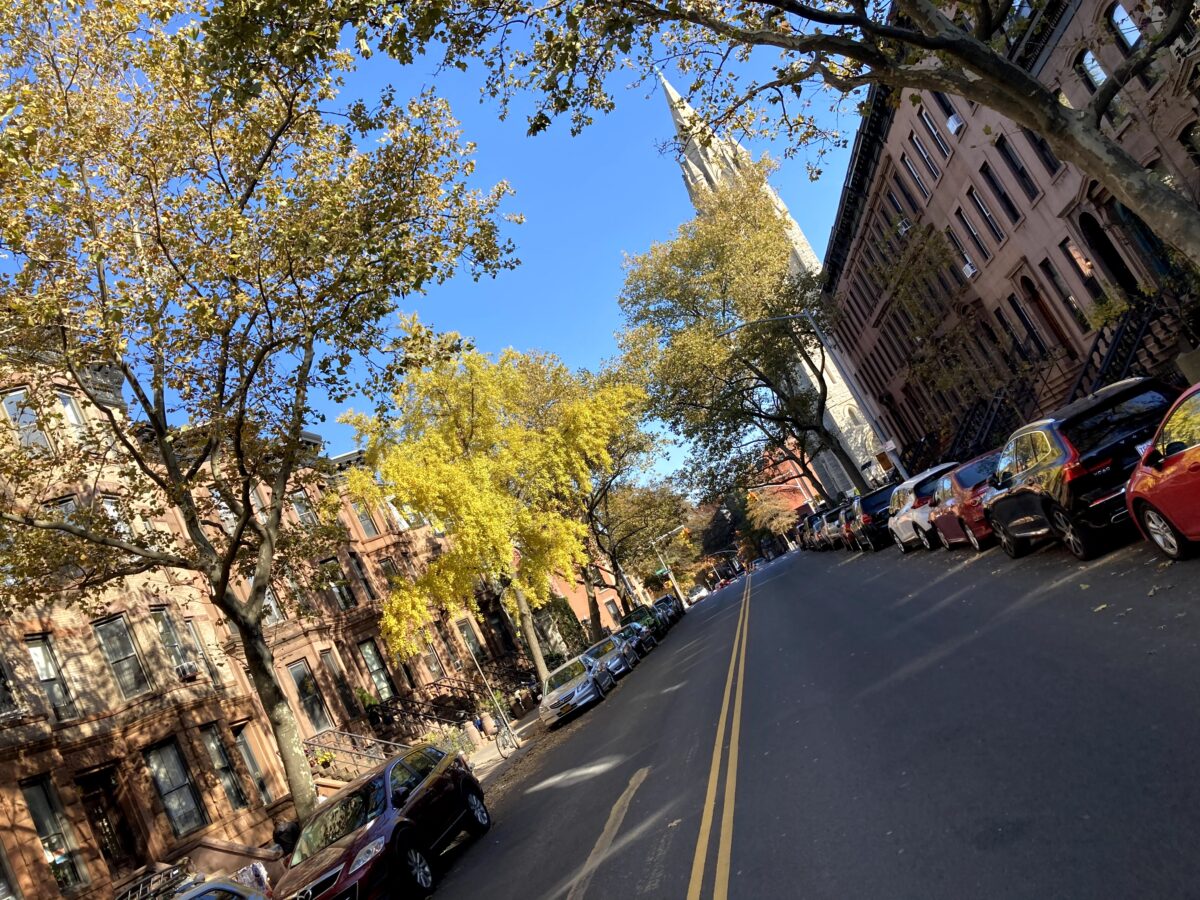February 6, 2024
Even if there’s a small chance of them being true

When someone discovers that I’m a writer, oftentimes the first follow up question is, fiction or nonfiction?
Now, for most of my life, the answer has always been the latter. All of my writing is based on real events, real people, which mostly includes myself. That technically qualifies as nonfiction.
But lest we forget, the word itself literally means an invention or fabrication as opposed to fact. It derives from the term, to form or contrive.
From a literary standpoint, fiction is a narrative creative work that portrays people, events, or places in ways that are imaginary or inconsistent with history, fact, or plausibility. Fictions are beliefs and statements that are false, but that are often held to be true because it is expedient to do so.
If that’s the case, then I might actually be more of a fiction writer than I realized.
To me, songs are myths. Which are highly useful. Myths allow me to cast myself, my life and my experience however I choose. That’s why the process is so joyful and cathartic.
Dylan once remarked that songwriting isn’t about being truthful, it’s about what should have happened.
That perspective always resonated with my ethos. Because I’ve been writing songs and recording albums for over thirty years now, and while the music has always been autobiographic in nature, it’s difficult to say whether it’s fiction or nonfiction.
Where do you draw the line? Should you even draw a line in the first place?
In my experience, songs are to true to feeling, not fact. We remember how something felt, not how it was. A song is a conversation between me and history. What matters is that the lyrics could be true and that I believe they could have happened.
It’s not a court stenographer’s recounting of my moment by moment experience. Besides, to quote one of my favorite books on songwriting, no one cares what really happened.
We’re not in court, and your song is not admissible. Your song sits in the fiction section of whatever library you envision. The second point about the fiction nonfiction debate is, part of being a songwriter is not giving your listener all the information. You have to leave some things out for interpretation.
If you explain it too much or write your song like it’s a doctor thesis, you obfuscate its lyrical soul. Music is more impressionistic than that. Frankly, if you can succinctly explain what a song is about at all to anyone, then maybe it wasn’t worth writing about in the first place.
My mantra tends to be, serve the song, not the facts.
Otherwise we can’t access the inner worlds that facts cannot penetrate.
A final point on creative fabrication is, there’s no rule that says songs should make sense. Writers aren’t obliged to mean anything to anybody, including themselves.
In which case, the truth is neither here nor there. Being consistent with history or fact or plausibility has zero bearing on the work.
Dylan springs to mind again, who commented in his memoir that sometimes you say things in songs, even if there’s a small chance of them being true. Sometimes you say things that have nothing to do with the truth of what you want to say. Sometimes the only truth on earth is that there is no truth on it.
Fiction doesn’t mean it’s true. It might even be truer.
Nobel prize, well deserved in his case. Bob made history because he invented new poetic expressions within the great song tradition.
Was it fiction? Was it nonfiction?
It’s an irrelevant argument. Noble prize committee members didn’t care if there was actual blood on the tracks. They just enjoyed being tangled up in blue.
Ultimately, this debate on truth versus fabrication is pase in my opinion. And I can prove it.
Oxford’s dictionary recently added the term post truth. The official definition is:
A time when objective facts are less influential in shaping public opinion than appeals to emotion and personal belief.
Scholars hypothesize that our blurred line between fact and fiction is due to a combination of digital technology, the demise of journalism, mass media as the fourth estate, user generated content on social media, far reaching social distrust, and my personal favorite, the disinformation industrial complex.
But this is actually not a new idea. Nietzsche wrote back in the late eighteen hundreds that humans create truth about the world through their use of metaphor and myth and poetry. The investigator into truth, he said, is basically seeking just the metamorphosis of the world into man, he is struggling to understand the world as a humanlike thing and acquires at best a feeling of assimilation.
Listen, people love to beat their chests about how honest and transparent they are. I understand that acting with integrity and telling the truth is supposedly the moral backbone of a flourishing society.
But if we’re being really honest here, most of us don’t want the truth.
We want to be fooled. We like the lie.
I know I do.
I remember seeing a concert in college where a singer got on stage with her guitar and said, good evening and welcome. All of the stories I tell tonight are all true, but that doesn’t mean they happened. Enjoy.
Come on, tell me that’s not the best opening line you’ve ever heard.
Nothing is more beautiful than a person who bravely stands in front of a crowd and honestly admits just how full of shit they really are.
To me, that is perhaps the greatest advantage of making art. We don’t have to be believed in. We don’t have to be trusted. We just have to express ourselves and connect with people.
Whether it’s true or not is a moot point.
Art is so much bigger than that. It has more important things to worry about than whether or not something actually happened.
If the whole point of creativity is that it gives us permission to the world as it could be, rather than what it is, then why are we wasting our time with the facts?

